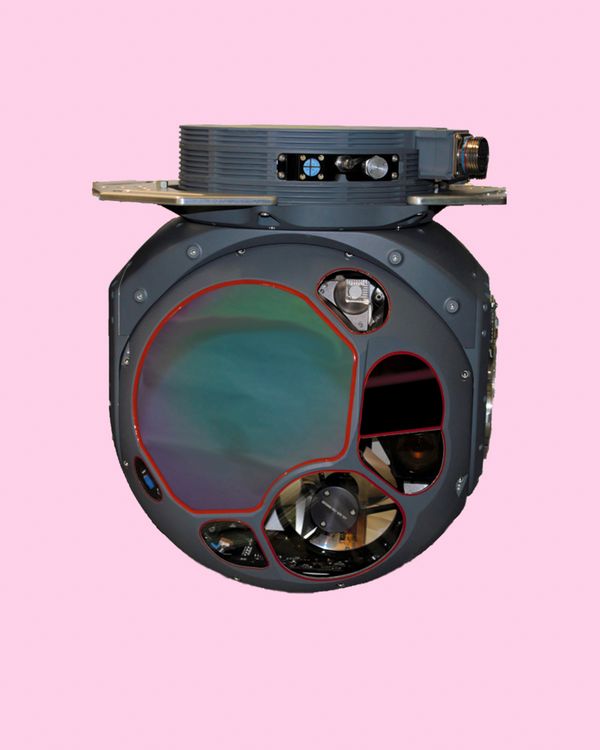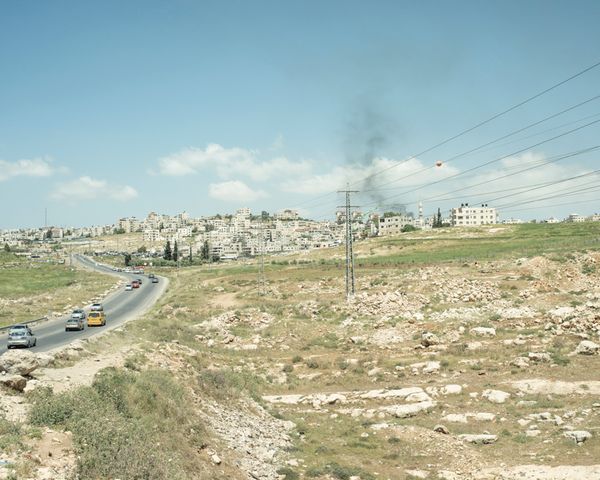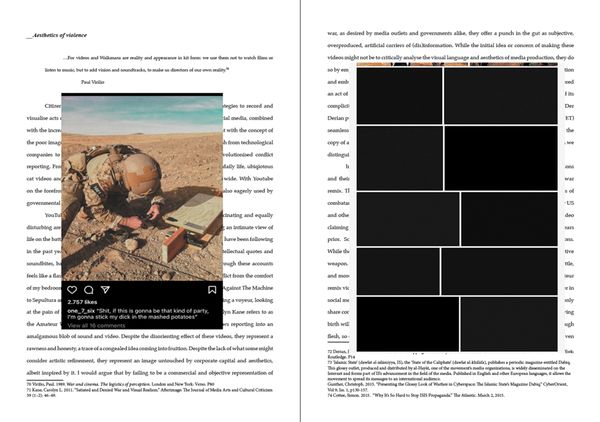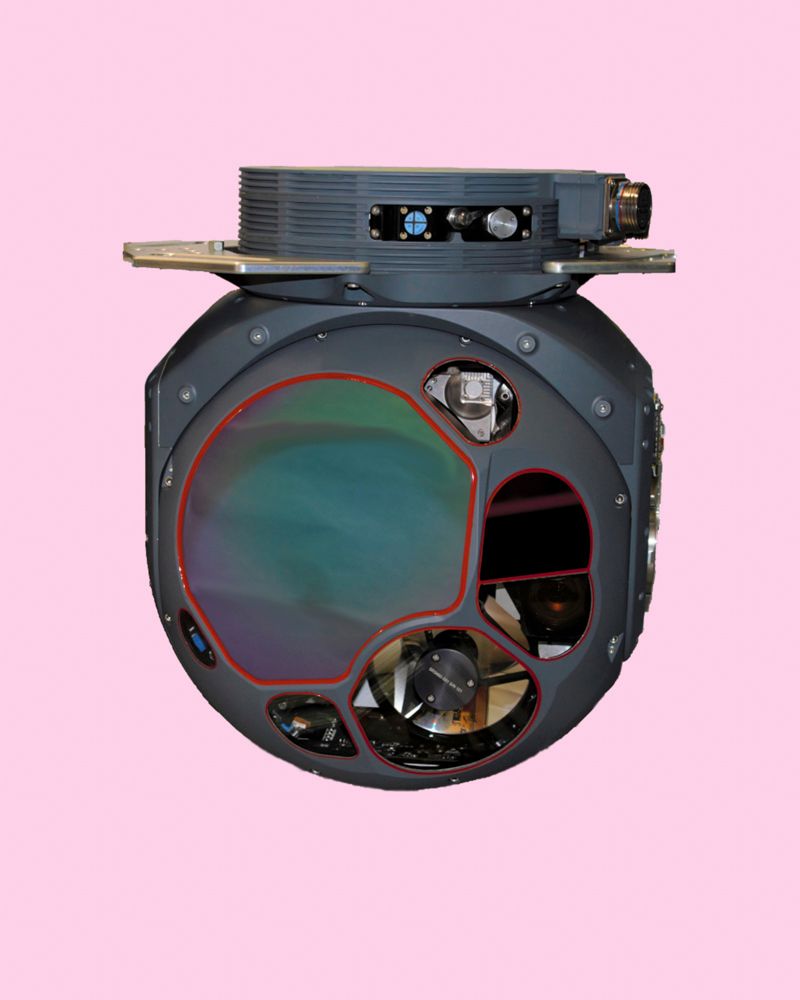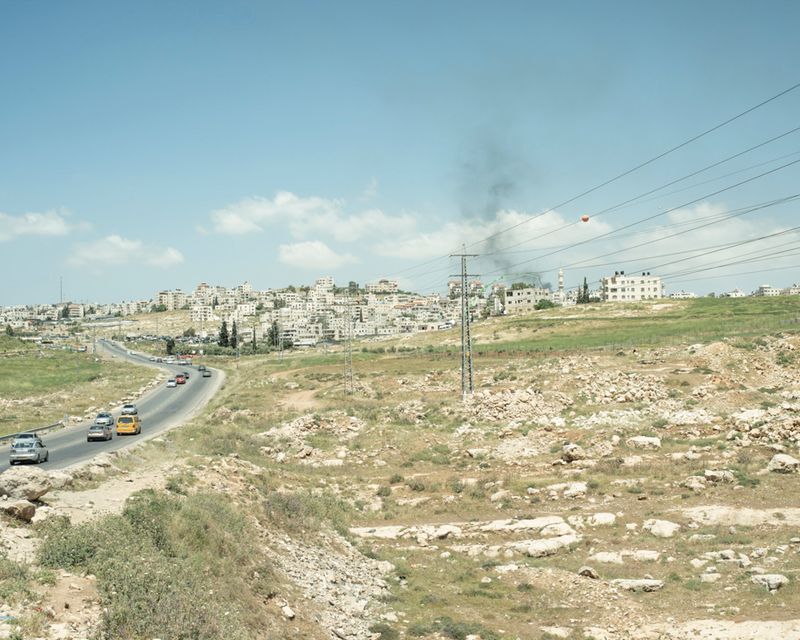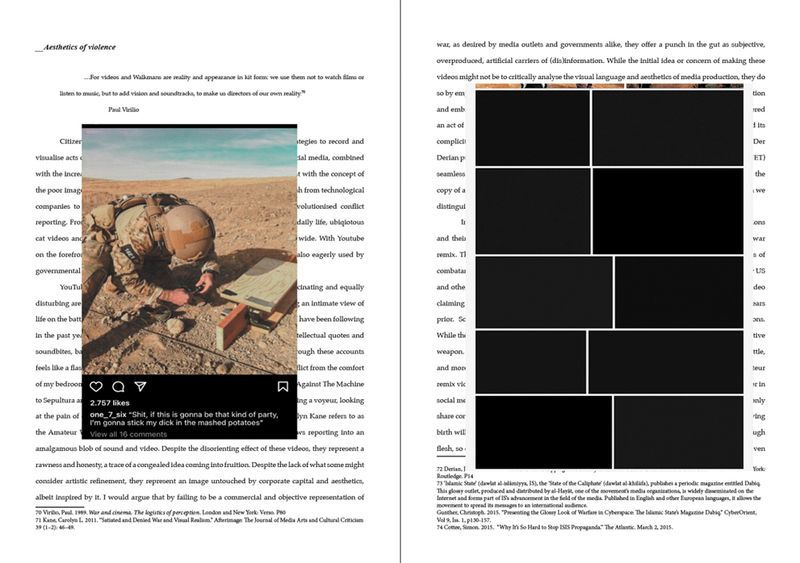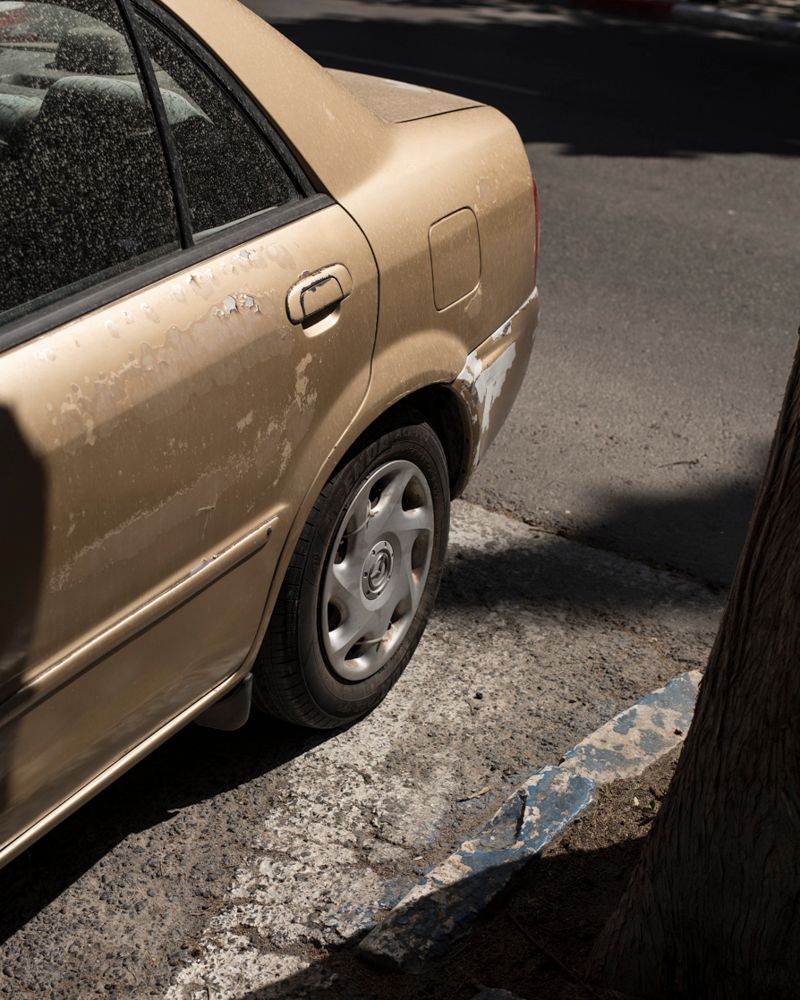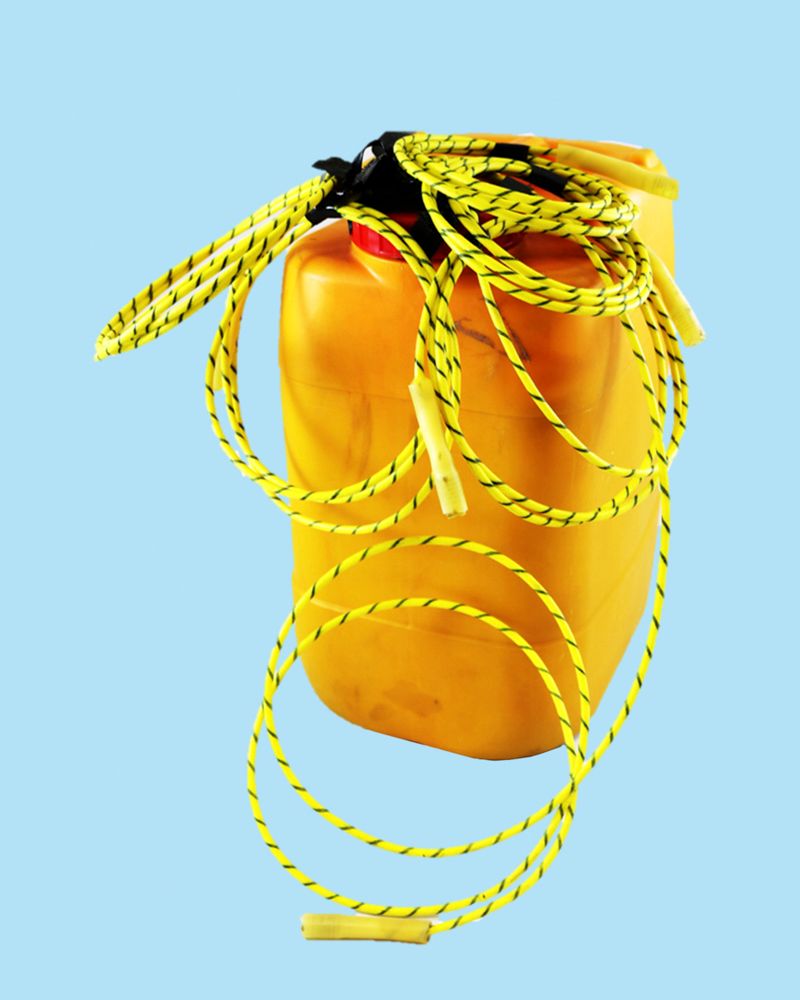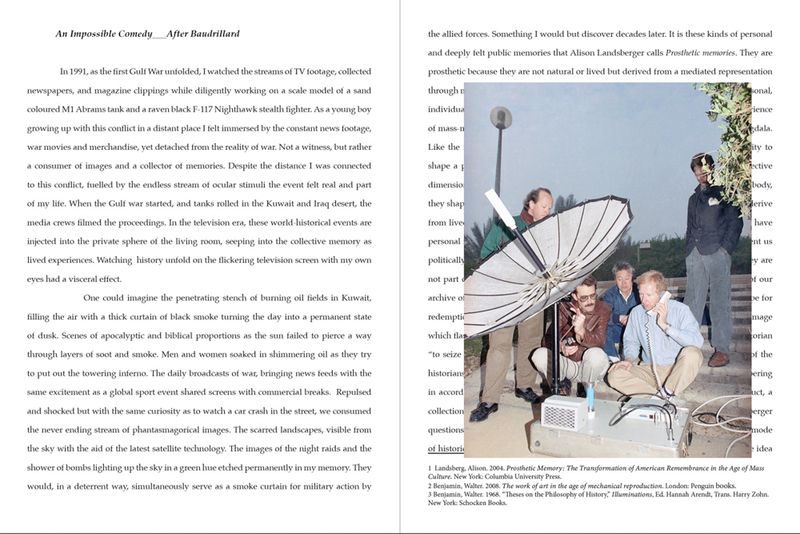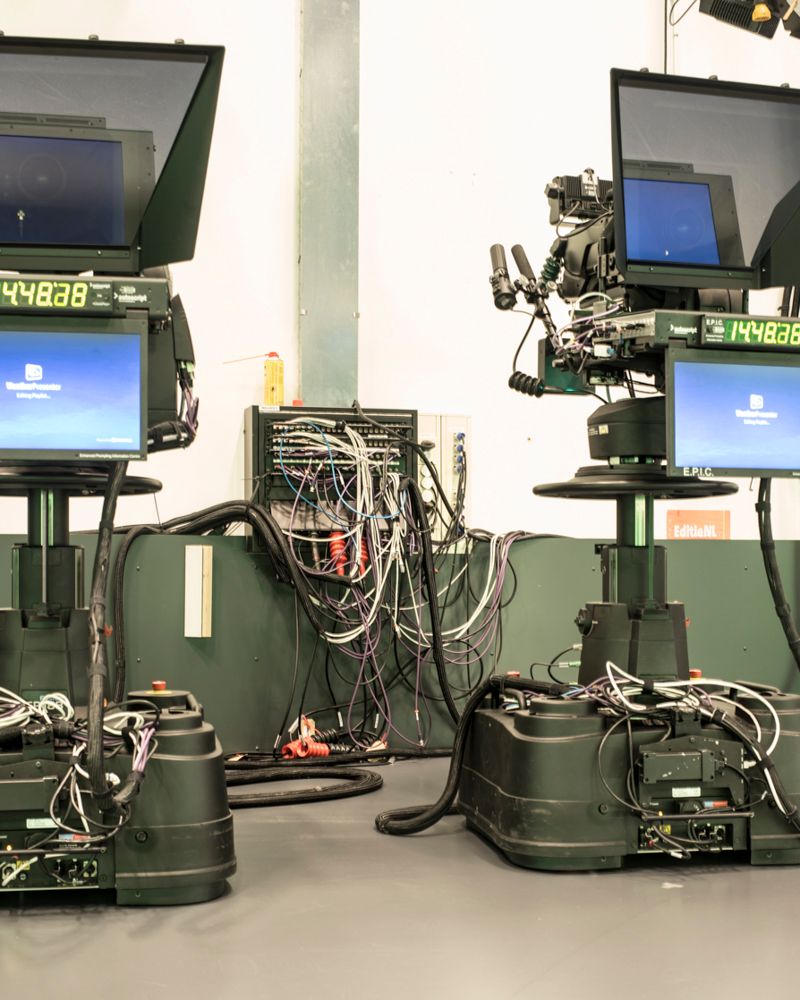Belgian Artist Jan Rosseel Dissecting the War of Images
-
Published20 Oct 2022
-
Author
Prosthetics of Fear is an expose of the people and organisations that manipulate our perceptions through the dissemination of pictures and profit from our fears.
Jan Rosseel’s practice lays at the intersection between research and documentation, with violence and what he calls “the militarized gaze” as red threads. Choosing a number of historical events such as Nicolae Ceaușescu’s dictatorship in Romania, the killing of Ben Laden or the iconic image of the Napalm girl by Nick Ut in Vietnam, Rosseel questions the act of remembering through images. “Photography is quite powerful in the sense that you can trick people into believing what is true and not”, he comments. “It’s important for me as a photographer to think about the effects of photography - how it is shaping the way we know and remember things, and how it's being weaponized, more and more.”
In his series “Prosthetics of fear. Looking back at the militarised gaze”, he bases his research on Paul Virilio’s constatation that “a war of pictures and sounds is replacing the war of objects (projectiles and missiles)”, and borrows his title from Pr Alison Landsberg’s theory of “prosthetic memory”. Prosthetic memory, she argues, is the process through which the technologies of mass culture make it possible for anyone to assimilate as personal experience historical events that they themselves did not live.
The overwhelming presence of images only accentuates and confuses the phenomenon. Used to certain narratives for instance, one can be pushed to interpret a mundane rural scene in the Middle East with smoke in the background as a bombing, though it’s a harmless bonfire. “Since you read an image differently depending on the context, you can create the illusion that something might have happened because of the smoke”, Rosseels comments.
He thus constructs his narrative on this tension between truth and fiction. He inventories places and tools that contribute to the massive creation and dissemination of images – data centres, the Gorgon stare video capture technology developed by the United States military, teleprompters, laser detection images – and combines them with archival images and some of his own writing. “The text is a thesis that I wrote and that I decided to use as a background for some of the images. I used the theoretical framework as a vessel for the images”, he explains.
“Disinformation and ambiguity formed an important part of the integral strategy for the so-called war on terror, declared by George W. Bush shortly after the 9/11 attacks”, he writes at the beginning of a paragraph in a chapter entitled “Fabulations”. On top of the text, he digitally pasted an image of an illusionist who performs a levitation trick with a woman. How to better translate the game that we are all more or less consciously, and dangerously, playing with images?
--------------
All photos © Jan Rosseel from Prosthetics of Fear
--------------
Jan Rosseel is a visual artist from Belgium. His work is best described as visual storytelling, between narration and documentation. He works as a collector of memories using photography, video and objects.
Laurence Cornet is a writer and curator based in Paris focusing on cultural and environmental issues. She is also the editorial director of Dysturb and the international photo editor at Le Monde.
--------------
This article is part of our feature series Photo Kernel, which aims to give space to the best contemporary practitioners in our community. The word Kernel means the core, centre, or essence of an object, but it also refers to image processing.
